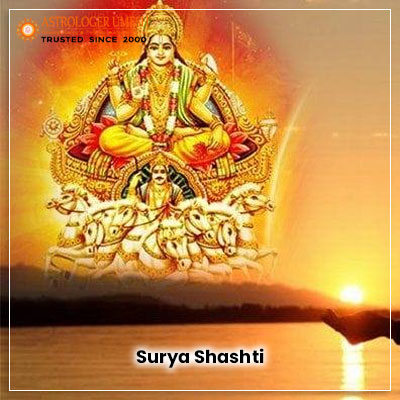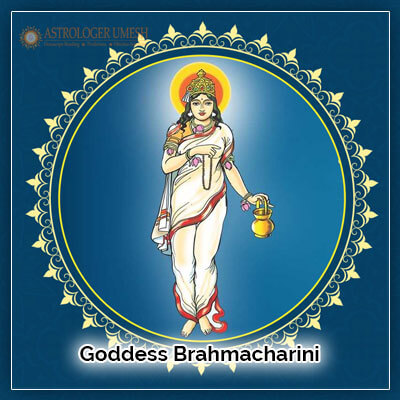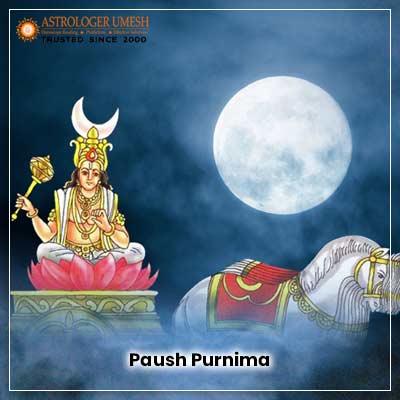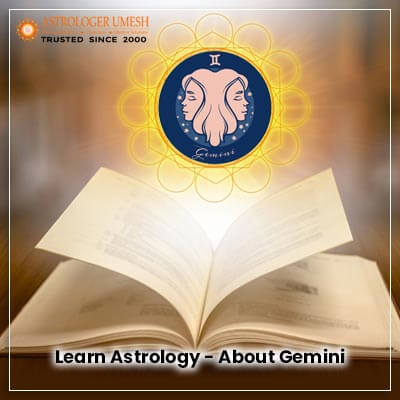Surya Shashti

About Surya Shashti
In Indian culture which is world-famous for its vibrancy and religious magnificence, the day of Surya Shashti is considered an auspicious event, given it is celebrated in the name of divine lord Surya Dev.
On this day, the divine lord Surya is worshipped by staunch devotees. They offer reverential regard to the divinity and ask for peace, happiness, good fortunes and blessed living experience from the lord.
The reason why the day of Surya Shashti is popular all across the country is that Lord Surya is considered one of the mightiest divine beings who keeps the universe in an enteral illumination, thus nourishing all the creatures and human beings with his holy and blessed presence.
Why Is Surya Shashti Celebrated And By Whom?
The festival of Surya Shashti is celebrated to commemorate the divine lord of Surya Dev, one of the mightiest divine beings known for his deific values, in terms of keeping the universe in his blessed divine presence by removing the dark force.
It is believed that married devotees who worship lord Surya on the day of Surya Shashti can witness the manifestation of their all desires and wishful longing, thanks to the miraculous favour of the lord.
Do you know Surya Puja is beneficial for peace and prosperity? Choose our puja service for more benefits.
What Do Devotees Attain By Worshipping Lord Surya On Surya Shashti?
On Saptami of Kartik Shukla, the lord Surya is worshipped during sunrise. Devotees offer him Arghya. Before that, on Shashthi, the lord Surya is worshipped when he sets in the west.
According to the beliefs, the women who worship the divine lord of Surya on Surya Shashti get all of their longing fulfilled by the divine favour of Lord Surya. Their life becomes blessed with peace, prosperity, and the experience of healthy progeny, the longevity of their husbands, and prosperity.
What Are The Beliefs And Vrat Rituals Associated With Surya Shashti?
One of the beliefs associated with Surya Shashti is that devotees (married women) who observe fast and worship the divine lord of Surya on Surya Shashti religiously get to experience boundless peace and prosperity in their life, along with healthy progeny and long-life of their husbands.
Another belief about Surya Shashti is that the festival mandates devotees to observe fast on this day to avoid consuming salty foods. They are supposed to eat salt-less food. On the next day, devotees are expected to observe Nirjala Vrat, as the ritual mandates.
Upon sundown, Lord Surya is worshipped religiously. On the third day of Surya Shashti vrat, devotees get up early in the morning and take a holy bath in a river/pond.
Right after having taken bath, devotees offer Arghya to the rising sun. After this ritual, devotees conclude their Surya Shashti vrat.
What Is The Origin Of Surya Shashti?
A long time in the past, a man named Mahipal lived in Bindusar Tirth. He was an atheist and heathen. Driven by his deep-seated atheism, he once desecrated the idol of Lord Surya. The blasphemy caused him to lose his eyesight, turning him blind. Depressed by his plight, he thought of committing suicide.
On his way to the Ganga river to end his life, he came across Lord Narada. On being asked why he was heading to the river so hastily, teary-eyed Mahipal told him of his plight due to blindness. Hearing this, Lord Narada explained to him why his plight was the result of the blasphemy he did to Lord Surya.
Lord Narada told him the remedy for his suffering, advising him to follow Surya Shashti vrat religiously on Kartika month. Mahipal, after having observed fast and worships to Lord Surya on Surya Shashti based on the advice of Lord Narada, got his eyesight back and lived a life of peace and prosperity.
Conclusion Surya Shashti is one of the most auspicious days in the Hindu religion. On this day, married women worship Lord Surya, and offer him Arghya as a sign of reverential regard to the divinity. It is believed that if lord Surya is worshipped religiously on Surya Shashti, there is no dearth of peace, happiness, good fortune and healthy living experience in the worshipper’s life.
Read More Articles:
Makar Sankranti Festival and Onam Festival































